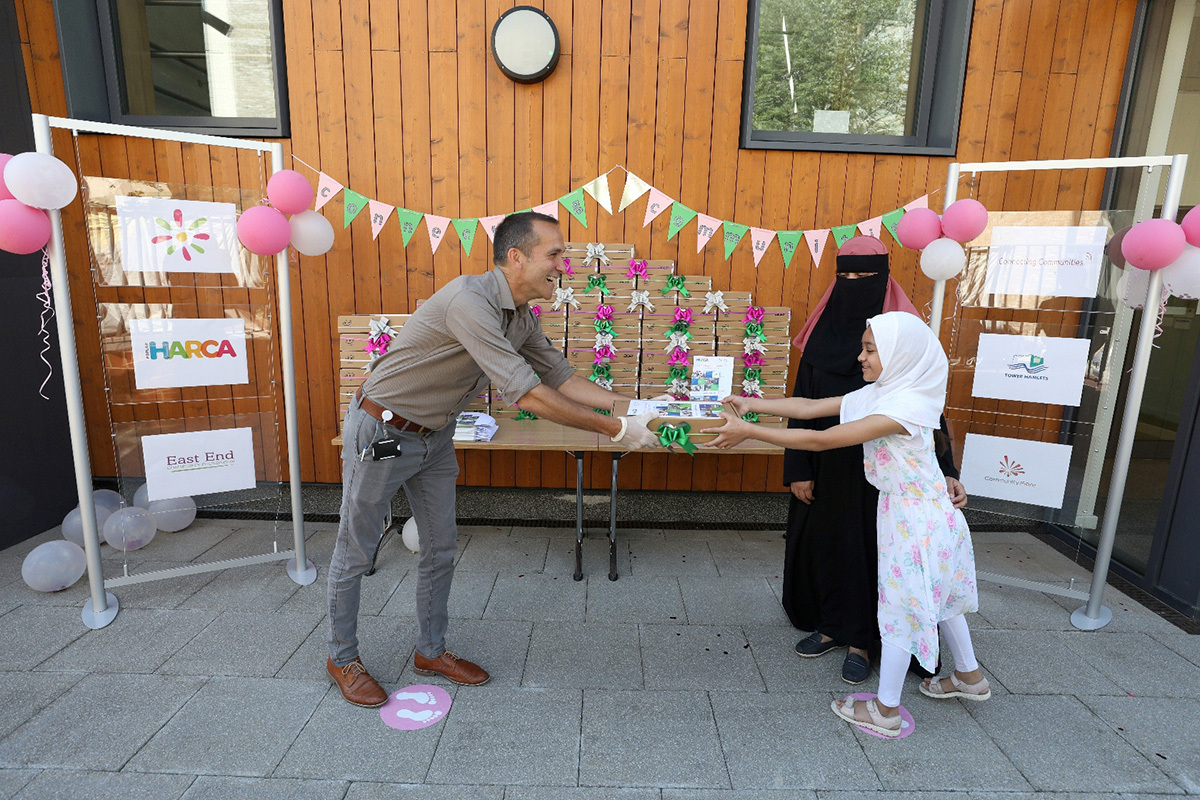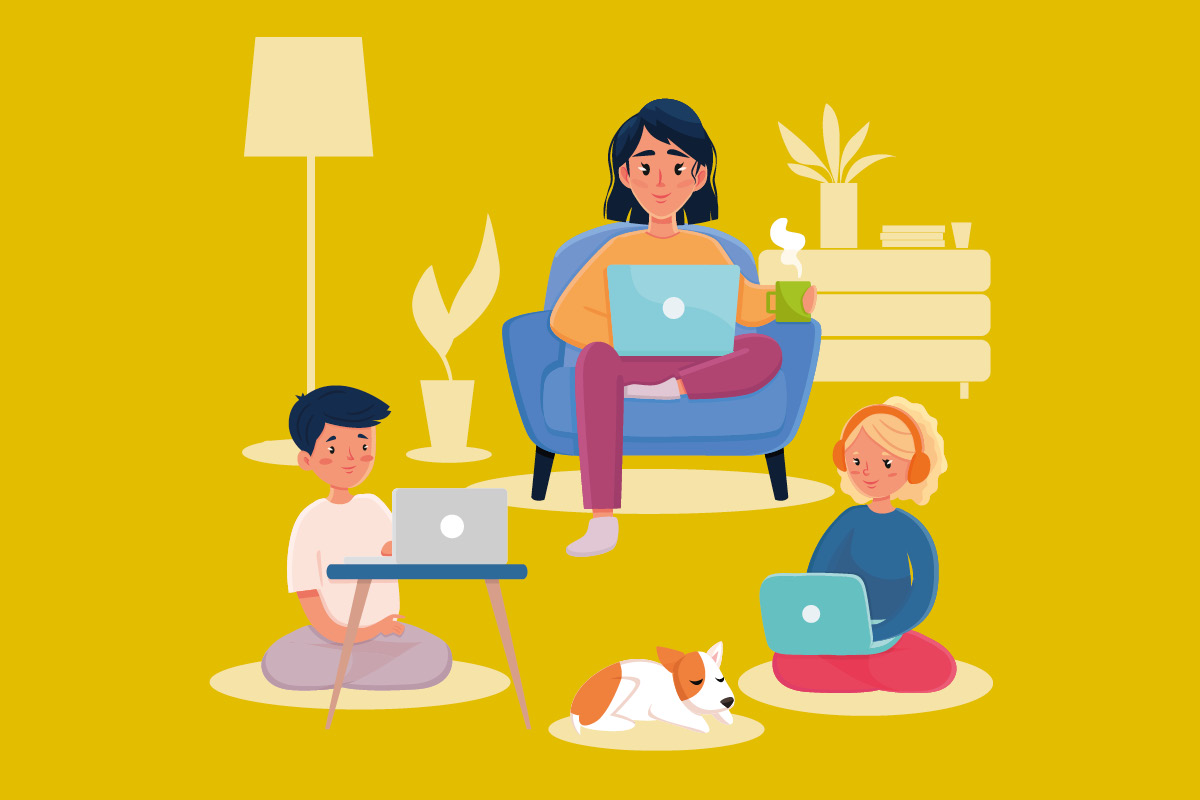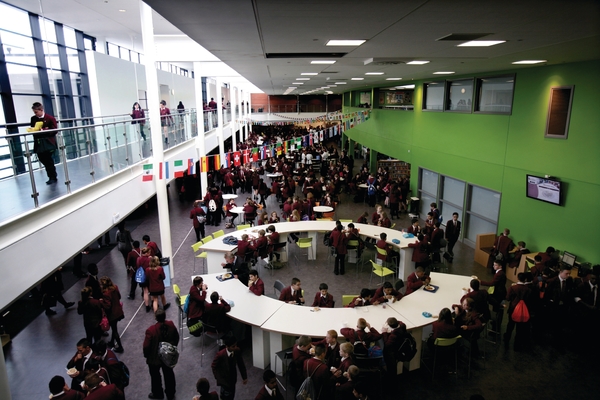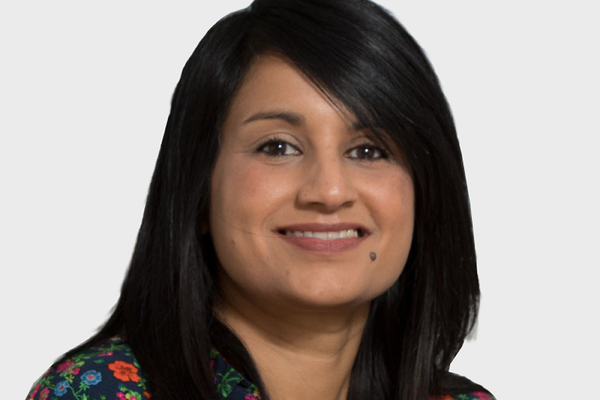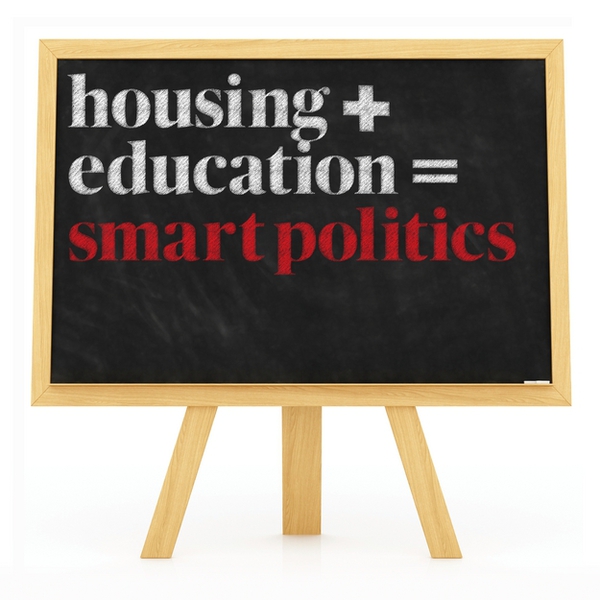You are viewing 1 of your 1 free articles
Why Poplar HARCA is working with local primaries to help bridge the digital divide
COVID-19 has shone a spotlight on the digital divide and the effects of digital exclusion on low-income communities. It is an issue which has been talked about for a long time, but we found an urgent need to address this when schools closed and overnight the digital divide became the gap between children who can and cannot access learning.
The concept of Universal Basic Services is rapidly gaining traction, and as essentials such as education and health care move increasingly online, we must consider access to broadband as a basic service that should be universally available, to enable everyone to be on a level playing field.
“The aim is to prevent children with poor access to online learning falling further behind, and minimise the impact of the pandemic on educational achievement, which has profound implications for the future of this generation”
National research shows that in the most deprived schools, only 16% of pupils are taking part in lessons online every day, worsening an already significant attainment gap between the poorest and richest children. On our doorstep, in many schools across Tower Hamlets, over half of pupils do not have access to a device to carry out essential home learning and interact with their teachers. There are many families where siblings have had to take turns trying to watch lessons on a parent’s phone, unable to properly participate.
So, last week, Poplar HARCA launched a new digital inclusion programme, working with LETTA Trust, local primary schools and the council, to provide free devices, good quality internet connection and digital skills training for parents. The aim is to prevent children with poor access to online learning falling further behind, and minimise the impact of the pandemic on educational achievement, which has profound implications for the future of this generation.
Poplar HARCA alongside London Borough of Tower Hamlets, LETTA Trust and the East End Community Foundation have each contributed £20,000 funding.
Community Fibre is providing free full-fibre broadband connections for at least a year, and with further funding from Morgan Stanley and the Lehman Foundation, we are supporting 200 families initially. Through increased partnership working, we have ambitions to expand the programme to up to 10,000 across the borough over the next year, such is the level of need locally.
“Simply giving people a tablet is not going to solve the problem. We are making sure these devices are set up to be as easy as possible to use, pre-loaded with relevant apps, as well as offering digital training from experienced volunteers and staff”
The move to ’digital first’ services is evident across our lives, and has rapidly been sped up by recent events. While this presents many opportunities for how housing associations operate, we have to make sure everyone can benefit from the transformational shift.
What is becoming clear is that people may have smartphones and use social media but still lack the digital skills required for work or life. Simply giving people a tablet is not going to solve the problem. We are making sure these devices are set up to be as easy as possible to use, pre-loaded with relevant apps, as well as offering digital training from experienced volunteers and staff, covering essential skills. This will allow everyone to easily and swiftly unlock the services they need most at this time, whether that’s home-schooling, medication, food deliveries, paying bills, medical advice or even GP appointments.
Our staff have been reaching out to vulnerable residents throughout lockdown and we are concerned about the impact the growing digital divide will have on our community, between those who can and cannot access services based on whether they can afford a device or internet connectivity in their home.
“We are calling on everyone to work together as a community to give all our residents access to the opportunities and support they need”
We know of hundreds of families and individuals who don’t have any access to the internet and we need to make sure that this crisis doesn’t leave anyone behind. Being excluded from what has been – for most of the nation – an almost exclusively digital coping response to the isolation imposed by the COVID-19 lockdown, is having both practical and emotional impacts on people locked in poverty.
We are calling on everyone to work together as a community to give all our residents access to the opportunities and support they need, and good internet access is the key to unlocking so much. Between us we have the potential to have a life-changing effect on those living in poverty as we all adjust to a new way of life, by making sure these basic services are available to all.
Babu Bhattacherjee, director of communities and neighbourhoods, Poplar HARCA
Sign up for our tenancy management newsletter
Already have an account? Click here to manage your newsletters
